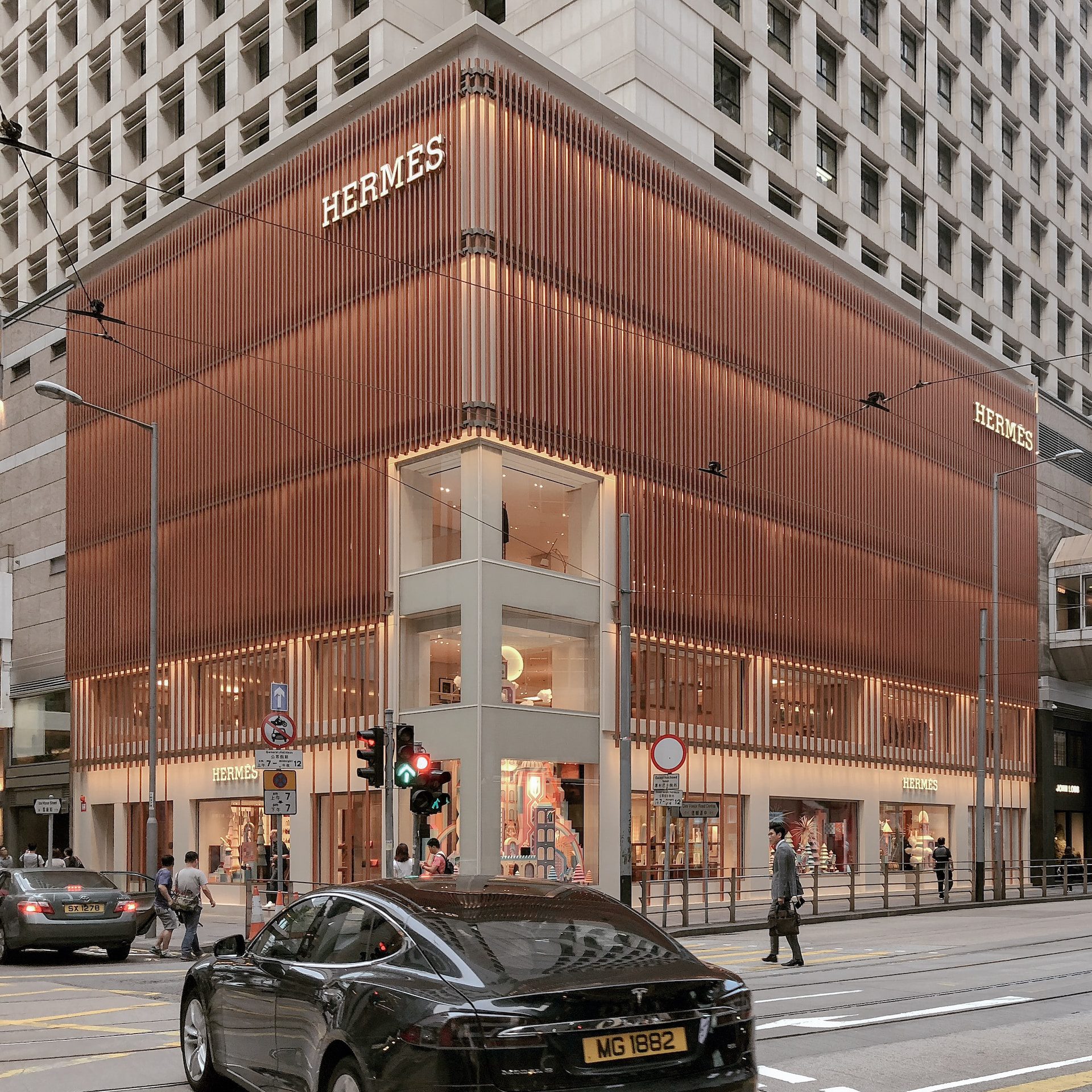Understanding Gen Z’s approach to luxury is crucial for premium brands looking to secure their future in the market. By adapting to this generation’s unique preferences, values, and expectations, luxury brands can cultivate long-lasting relationships with these new consumers. The future of luxury lies in balancing tradition with innovation, exclusivity with accessibility, and aspiration with authenticity – a challenge that promises to reshape the industry for years to come.
The Future of Luxury: Adapting to Gen Z
Gen Z values individuality and self-expression. Luxury brands that offer personalization options or allow consumers to co-create products are likely to appeal to this generation’s desire for unique, tailored experiences.
Personalization and Customization
Gen Z’s interest in sustainability and value has fueled the growth of the secondhand luxury market. Platforms offering authenticated pre-owned luxury items are gaining popularity among young consumers who seek both environmental responsibility and access to premium brands at more affordable price points.
The Secondhand Luxury Market
For Gen Z, luxury extends beyond physical products to encompass unique experiences. This generation values travel, wellness, and cultural experiences as much as, if not more than, traditional luxury goods. Brands that can offer immersive, shareable experiences are likely to capture Gen Z’s attention and loyalty.
Redefining Luxury Experiences
Gen Z consumers are drawn to brands that align with their personal values and demonstrate authenticity. They expect luxury brands to take stands on social and political issues, and to be transparent about their practices. Brands that fail to communicate their values clearly or appear inauthentic risk losing Gen Z’s trust and business.
The Importance of Brand Values and Authenticity
Social media platforms play a crucial role in shaping Gen Z’s perception of luxury brands. Influencers and peer recommendations hold significant sway over their purchasing decisions. Luxury brands must navigate this landscape carefully, balancing their traditional image with more approachable and relatable content that resonates with younger audiences.
Influence of Social Media and Influencers
Collaborations between luxury brands and unexpected partners, such as streetwear labels or artists, have become increasingly popular among Gen Z consumers. These limited-edition releases create a sense of exclusivity and uniqueness that appeals to their desire for individuality and self-expression.
The Rise of Collaborative and Limited Editions
Gen Z is deeply concerned about environmental and social issues. They expect luxury brands to be transparent about their sourcing, production processes, and corporate social responsibility initiatives. Brands that demonstrate genuine commitment to sustainability and ethical practices are more likely to resonate with this conscientious generation.
Sustainability and Ethical Consumption
As digital natives, Gen Z expects seamless integration between online and offline experiences. They research products extensively online, engage with brands through social media, and seek personalized shopping experiences. Luxury brands must create cohesive omnichannel strategies that blend the digital and physical realms to capture Gen Z’s attention and loyalty.
Digital Natives and Omnichannel Expectations
For Gen Z, luxury is not merely about exclusivity or high price tags. Instead, it’s a complex interplay of quality, sustainability, personal expression, and brand values. This generation seeks experiences over possessions and values authenticity above all else. Luxury brands must adapt to this new paradigm to remain relevant and appealing to these young consumers.
The Shifting Paradigm of Luxury
The luxury market is undergoing a significant transformation as Generation Z (Gen Z) emerges as a powerful consumer force. Born between the mid-1990s and early 2010s, this demographic is reshaping the landscape of premium brands with their unique values, digital savvy, and evolving definition of luxury. This article delves into the nuances of Gen Z’s approach to luxury consumption and what it means for the future of high-end brands.
Conclusion
As Gen Z’s purchasing power grows, luxury brands must evolve to meet their expectations. This means embracing digital innovation, prioritizing sustainability, offering transparent and authentic brand experiences, and creating products and experiences that resonate with Gen Z’s values and aspirations.



